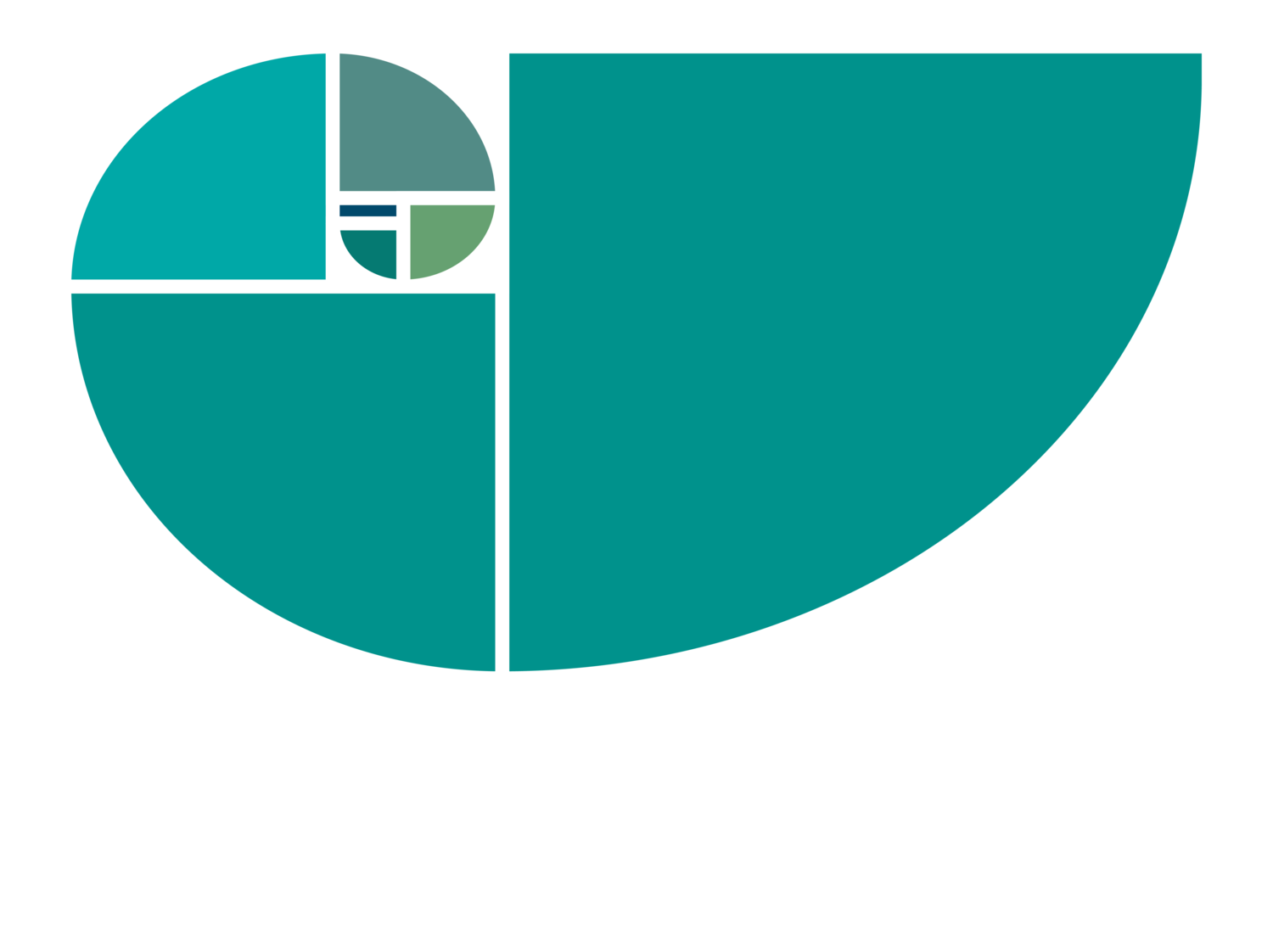Do you judge what you do as not quite right, not as accomplished, fast, smart or savvy when compared to others? When you make a mistake, are you hard on yourself?
Many of us suffer from the disabling effects of a harsh inner critic. It’s disempowering when we incessantly hear about our insufficiencies, especially when that voice is inside our heads.
In the past month, several clients mentioned the rise of a noisy inner critic because their lives aren’t as busy as they once were. Without the simple pleasures of getting a cup of coffee with a colleague or the distraction of popping into someone’s office for a chat, they are left alone with their own thoughts.
Uncertain times like these open us up to meet instabilities that we ordinarily ignore in ourselves, and the systems we depend on. Perhaps we can use this crisis as a call to heal, to take care of ourselves, each other, and our Earth in new ways.
“My purpose, my practice, and my journey is to be love in every room. If I’m the only person in the room, then I have to be love toward myself.” Elizabeth Gilbert
Being love is a place to come from, not somewhere to go to or something to get. Activating love, self-respect and compassion bring harmony into the living web of our lives. But first we need to shift habitually critical mindsets that no longer serve so that we can tune into more fulfilling, sustainable ways to spend our days.
I know something about the inner critic. Years ago, in a 7-day silent retreat, I struggled against some nasty inner voices. Until then I’d never stopped to hear how the litany filled my head. Over the week, as I witnessed both their invasive power and insubstantial nature, those voices grew quieter. Space opened in my mind and heart for the kinder, wiser voices to arise.
A “flaming, powerful, engulfing inner faultfinder” is what a client of mine calls her inner critic. Highly motivated, April was recognized as a top performer. But, as challenges of the past year piled up, her façade of confidence began to crack. She decided it was time to discover and transform how she limited herself and came to me for executive coaching.
The first thing I noticed was that when April asked herself, “How can I do this better?” she started from insufficiency and lack. She assumed that she had a hole to fill, an endless chasm of learning before she would be successful. Spending way too much time in what she called “compare despair,” she constantly put others up and herself down. This “not enough” thought pattern was like quicksand, leaving her hungry for a feeling of real accomplishment.
Many high performers have their version—and everyone is silent about it. But, within the circle of my coaching, I gave April the compassion and positive regard that helped her access something she didn’t have access to on her own. Learning to accept and champion herself, she shifted her inner dialogue to effect change.
The seeds of change are in the questions we ask.
To transform her old patterns of thinking, I asked April to list the questions in her head — the questions that came from an old narrative of insufficiency: Why can’t I do anything right? What’s wrong with me?
April quickly realized that repeating those questions took her down instead of lifting her up. They kept her working late into the night. They restricted her internal freedom. She held back, waiting to be perfect.
“The only person who can pull me down is myself, and I’m not going to let myself pull me down anymore.” C. Joybell C.
Learning the skills of self-love, April crafted more generative questions: What’s working? Where do I naturally excel? What else do I want to learn?
April quickly realized that compare-despair and self-criticism were habits. Nothing more. Internally, she took a stand for her own accomplishments, and instilled a motivating inner dialogue. From this foundation of positive regard, April is showing up as an intelligent, generous, and highly experienced leader.
As April discovered, self-love is both a mindset and a skill. When we consciously engage our unique and powerful capacity to affirm sufficiency, we bring a reverence for life, including our own. We listen to our innate wisdom. From a newfound stability, our heart and mind fully engage. We discover more potent ways to make the contribution we most want to make.
The inner critic is expensive. It hurts. It diminishes our resilience, depletes our health. In this time of uncertainty and social distancing, connecting with each other from, and in a space of love feels vitally important for the well-being of ourselves, our communities, and the planet. Embrace the opportunity. As this virus showcases our interconnectedness, let’s support one another to transform the inner critic, forge healthier habits, and craft a future we want to share.
A connected, powerful, intimate relationship with our selves is a gift, and the most exquisite journey we can experience in life. We came here to love ourselves, to be kind and be honest with who we are. We came here to discover the spacious presence below our personality that we call love — a place of grace.
I’ll leave you with this beautiful quote by St. Therese of Lisieux
“May you be content with yourself just the way you are. Let this knowledge settle into your bones, and allow your soul the freedom to sing, dance, praise and love. It is there for each and everyone one of us.”

